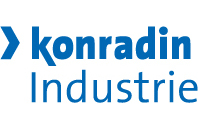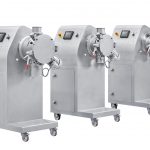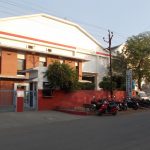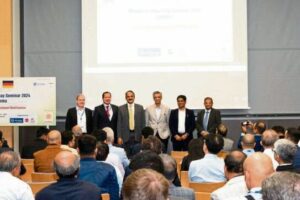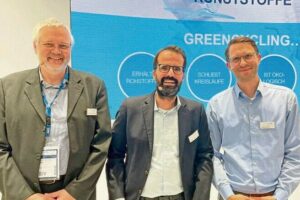The Paderborn-based company Gebr. Lödige Maschinenbau GmbH is currently in the process of expanding its engineering and production capacities for coating, mixing, granulating and drying as well as the handling units required for this process in India. This represents an expansion of the company’s successful joint venture with the Indian company, Bectochem, a manufacturer of pharmaceutical process technology.
The Mumbai-based joint venture, Bectochem Loedige Process Technology (BLPT), of which Lödige holds a share of 51 percent, was established in April 2013. Since then this strategic collaboration has undergone steady further development: The portfolio of BLPT includes machines for the pharmaceutical, food and chemical industry. In total, this collaboration has supplied companies in India and its neighbouring countries with over 300 pharmaceutical processing systems to date, significantly more than 100 of which were tablet coaters. This has allowed Lödige to enter a regional market which is practically inaccessible in any other way. In return, BLPT can supply its customers with systems built according to German technological and quality standards.
“This kind of model is still rather uncommon for medium-sized German companies,” explains Lödige director Dr. Dirk Sunderer and adds: “But we are confident in our decision. That is why we will increasingly integrate engineering and production services from India in our core processes. For instance, some products of our portfolio will be produced entirely by BLPT in the future. We expect this to give us a significant cost advantage over our competitors, especially where price-sensitive products are concerned.”
The decision to strengthen the company’s commitment to India is part of a strategic reorientation: Lödige is currently undergoing a transformation from a conventional machine building company to a provider of integrated process engineering solutions with the aim of becoming a future-proof solution & service provider.
“The development from a mostly production-oriented company to an engineering company requires us to expand our own engineering capacities,” Sunderer says, describing the requirements of this transformation process. “Production services and, in the future, also engineering services will increasingly be purchased both from the domestic and the foreign market, with basic engineering, R&D and our core competencies in the area of production technology remaining at our headquarters in Paderborn, Germany.”
